Insects attacking my Pepper plants 'Help'
dnmlovers4life
16 years ago
Related Stories

GARDENING GUIDESOrganic Matters: Thwart Insect Pests With Trap Crops
Add a few sacrificial plants to your garden to lure insects away from the harvest
Full Story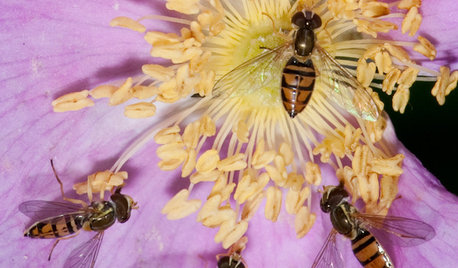
GARDENING GUIDESThis Fly Is One of the Most Beneficial Insects Around
Meet the syrphid fly, a colorful pollinator that also beats chemicals for controlling aphids and other garden pests
Full Story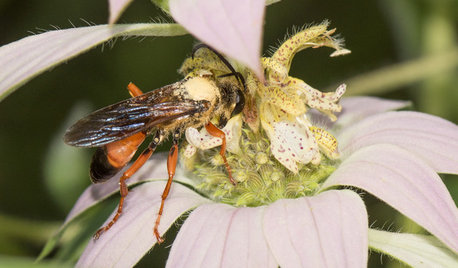
GARDENING GUIDESGreat Golden Digger Wasp: A Beneficial Flower-Visiting Insect
Introducing the great golden digger wasp, a colorful pollinator that also hunts foliage-eating insects
Full Story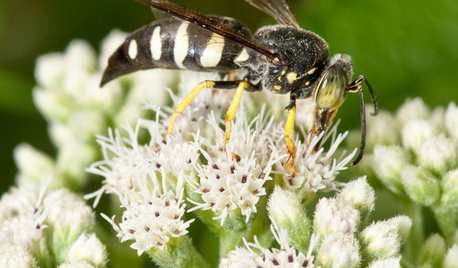
GARDENING GUIDESSand Wasps Keep True Bugs in Check and Help Pollinate Summer Flowers
Look for these solitary wasps nesting in sandy sites and foraging on flowers in July and August
Full Story
PETSHow to Help Your Dog Be a Good Neighbor
Good fences certainly help, but be sure to introduce your pup to the neighbors and check in from time to time
Full Story
GARDENING GUIDES12 Tips to Help You Start an Edible Garden
Get on your way to growing your own vegetables with a raised bed or a few containers on the patio
Full Story
MOST POPULAR7 Ways to Design Your Kitchen to Help You Lose Weight
In his new book, Slim by Design, eating-behavior expert Brian Wansink shows us how to get our kitchens working better
Full Story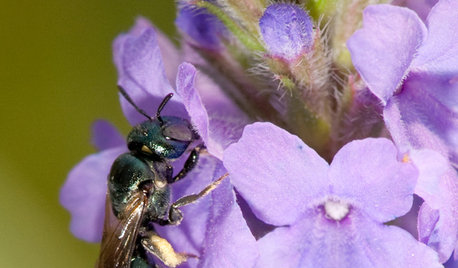
GARDENING GUIDESSmall Carpenter Bees Are Looking for a Home in Your Plant Stems
Provide flowers and nesting sites in your garden for this beautiful, tiny, metallic blue wild bee — your plants will thank you
Full Story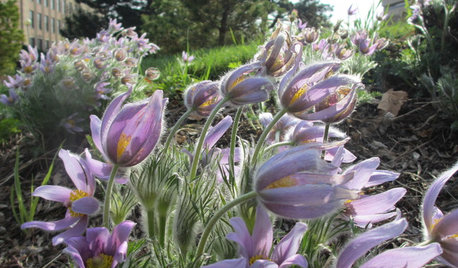
GARDENING GUIDES6 Plants That Beat Butterfly Bush for the Wildlife Draw
It's invasive, a nonnative and a poor insect magnet. Check out these better alternatives to butterfly bush in the garden
Full Story
GROUND COVERSNative Alternatives to English Ivy, Japanese Pachysandra and Periwinkle
These shade-loving ground covers are good for the environment and say something about where you are
Full StoryMore Discussions








carol_71
gonefishin
Related Professionals
Clark Landscape Architects & Landscape Designers · Essex Landscape Architects & Landscape Designers · Woodinville Landscape Architects & Landscape Designers · White Oak Landscape Architects & Landscape Designers · Springfield Landscape Contractors · Belmont Landscape Contractors · Brockton Landscape Contractors · Longmont Landscape Contractors · Pleasant Hill Landscape Contractors · Shenandoah Landscape Contractors · Braintree Driveway Installation & Maintenance · Dearborn Driveway Installation & Maintenance · Fullerton Driveway Installation & Maintenance · Leesburg Driveway Installation & Maintenance · Quincy Driveway Installation & Maintenancednmlovers4lifeOriginal Author
organica
jbann23
gonefishin
carol_71
carol_71
dnmlovers4lifeOriginal Author
Violet_Z6
carol_71
Violet_Z6
dnmlovers4lifeOriginal Author
stefapez